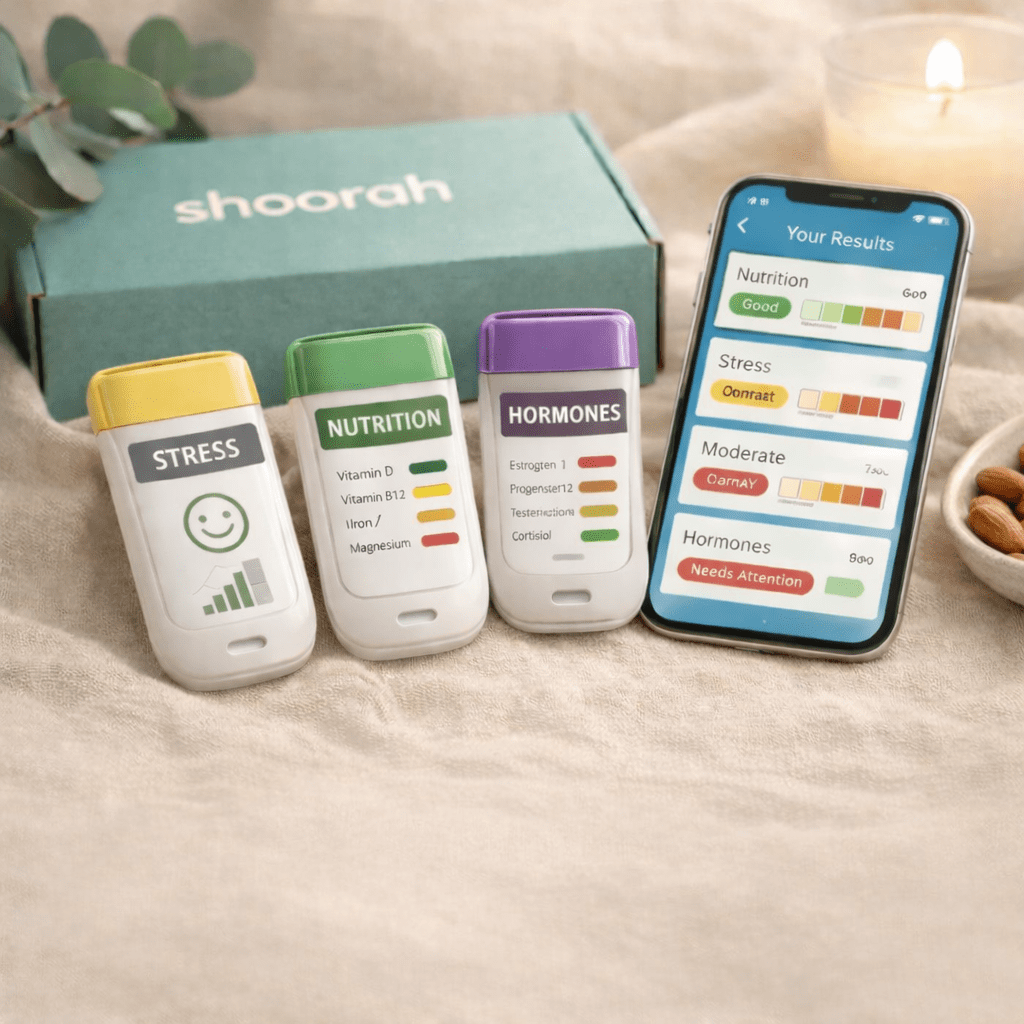The International Society of Hypertension has published a ground-breaking report highlighting the imortance of stress reduction and sleep in reducing high blood pressure.
The huge study – endorsed by the World Hypertension League and European Society of Hypertension – looked into the main factors causing high blood pressure in societies around the world.
Stress
This included research into psychosocial stress which is associated with an increased risk of hypertension and cardiovascular events.
The study noted that “Stress reduction can be achieved through a number of strategies, such as meditation, progressive muscle relaxation, yoga, deep breathing exercise and mindfulness.
“In recent years, mindfulness practices, defined as the awareness, including self-understanding, wisdom and compassion that comes from intentionally focusing on the present moment, have received interest as an alternative approach for the treatment of chronic diseases.”
The research paper also noted that, “Overall, the best stress reduction interventions to reduce BP and hypertension are those that are maintainable and can be combined into daily life”, something that ties in comprehensively to Shoorah’s approach to mental wellbeing which is to provide tools and features that people can conveniently fit into their lives.
Stress-reducing recommendations
The recommendations from the study included:
- Practice stress reductions techniques at least 3 hours per week to reduce mental stress and blood pressure.
- Alternatively, practice activities such as yoga, meditation or tai chi at least 45 min a day.
- Listen to music once a day to three times a week for at least 25 min
Sleep
The research paper also discussed the importance of sleep in managing and reducing blood pressure.
It states, “Sleep hygiene is important for vital function maintenance. Meanwhile, poor sleep hygiene, including that related to behavioural deviations, and sleep disruptions are associated with adverse health effects.
“Inadequate sleep duration, both acute and chronic sleep deprivation and sleep disorders cause sympathetic hyperactivity resulting in blunted BP regulation, mainly absence or reversal of nocturnal BP dipping and/or nocturnal hypertension.”
Sleep recommendations
The recommendations around sleep within the study included:
- Sleep hygiene should be addressed and implemented routinel. Sleep duration of 7–9 h per night is recommended for adults.
- Sleep hygiene approaches include appropriate sleep environment, regular sleep timing, sleep routine to prepare for sleep, avoidance of food intake, caffeine, alcohol and cigarettes close to bedtime and at night, exposure to bright light and exercise during the day and their restriction before sleep.
- Stimulus control and building a strong association between the bed/bedroom and sleep should be implemented: go to bed only when you are sleepy; establish a sleep routine; apply the 20 min rule (i.e. if you cannot get to sleep in 20 min, get up and go to another room and do nonstimulating activities).
The full International Society of Hypertension study can be found HERE
Shoorah provides many stress-reducing tools for users, as well as sleep support – these include mindfulness activities, breathwork, meditations, sleep sounds, sleep stories, journaling and lots more.
You can find the Shoorah mobile app on both App Stores – Google Play and Apple IOS


